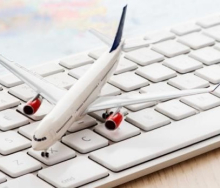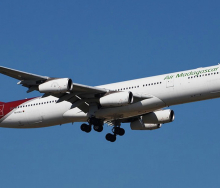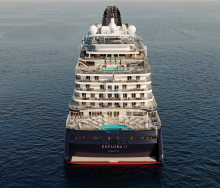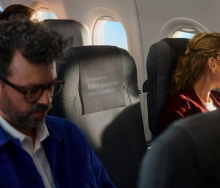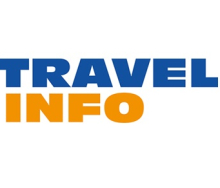Airlines withholding refunds for unused services are facing mounting indignation from both the agent community and their frustrated clients. Some agents are starting to implement international blacklisting policies against these airlines.
In a recent article by French tourism publication, Tourmag.com, French agents were quoted saying they were blacklisting airlines that were not providing cash refunds. The publication also ‘named and shamed’ a list of 23 international airlines that were still not providing refunds, which are required by law. Featuring on the publication’s ‘black list’ was our own beleaguered national carrier, SAA.
Md of Akilanga DMC and Events Company, André Laget, who says he is owed millions for unflown SAA tickets, told Travel News he considered SAA too high risk to ever consider booking the airline again. He said his reasons for blacklisting the airline were threefold – recent consumer press reports that have cast shadows on SAA’s safety regime; the fact that there is no assurance that the airline will ever provide cash refunds for services that it does not deliver; and André believes there is no certainty that SAA will ever restart or be able to operate reliable schedules.
“After the year that has just passed, both agents and their clients are highly cognisant of the terms and conditions that suppliers from all sectors of the hospitality sector are offering. The laws, both in South Africa and Europe, are very clear – suppliers must refund clients if services are not delivered. ‘Flexibility of booking conditions’ has now shifted to the primary consideration for our clients when committing to a new booking. It is our duty as DMCs, agents and operators to inform our clients if they are at risk of losing their money. As a result of the current situation where many suppliers continue to hold on to clients’ funds, we are seeing a marked shift in new bookings, driven by both agents and clients, of new bookings directed towards suppliers who offer flexible T&Cs with refund options,” said André.
Ceo of Asata, Otto de Vries, who also chairs the World Travel Agents Associations Alliance (WTAAA), says while the decision on which airlines to book will always be made by individual agents and their clients, international agent associations around the world are keeping continuous track of the airlines that are not refunding passengers and are engaging with ombudsmen and other relevant authorities to highlight these practices to them and put pressure on the airlines to bring their policies in line with regional regulations.
Commenting on how SAA will be affected by the mounting frustration building against non-refunding carriers, Otto says he believes it is imperative that the national carrier starts to communicate about the provision of refunds.
“If SAA wants a successful restart, it is essential that it listens to its customers’ needs. Trust, from both passengers and agents, who have always been SAA’s biggest distribution channel, can be rebuilt but it needs to start with the commitment to give people their money back,” says Otto.
“We always look after our customers’ interests first. But we are the first port of call for customers in matters relating to a transaction, so it is essential that we provide clients with all the information they need to make a booking, including the relative risks associated with each option. We advise, but it is the customer that makes the final choice on which airline to book,” says ceo of Tourvest Travel Services, Morné du Preez.
Morné adds that when it comes to airline refunds, it is one thing for a reliable carrier that is operating flights to provide clients with vouchers for future travel, but quite another for a carrier that has not been operating for a year to offer a ‘voucher for future travel’ in lieu of a refund.
“We have no idea when SAA will fly again or when these ‘vouchers’ may even be used. As a result, customers are clear that they would rather have their money back to use toward services that can actually be delivered.”
FCTG md MEA, Andrew Stark, says in pre-COVID times he would definitely have advocated a policy of blacklisting suppliers that were not giving refunds for services that they had not delivered, but he has found that one needs to look at the situation differently post-COVID.
“Should airlines be paying out refunds? Definitely! FCTG has paid out R200m in refunds so far, but that was a decision that we made because we had the means to do so. Many airlines simply do not have the cash flow to pay out refunds at this point.
“Widespread agent blacklisting may be the final death knell for these airlines, as agents are far more heavily in control of the booking process than they have been in many years. There is already so little choice of connectivity to South Africa – with less than 50% of the original number of airlines operating flights. This means that a blacklist of the remaining airlines that are not providing refunds could leave us with very few options left to sell,” says Andrew.

